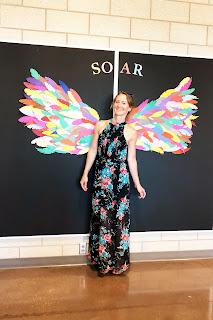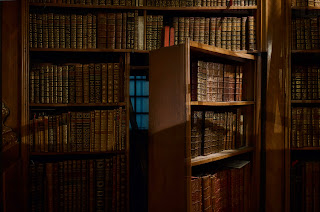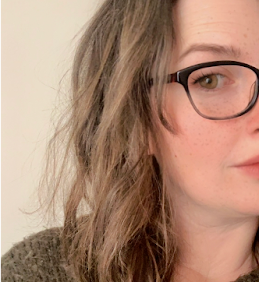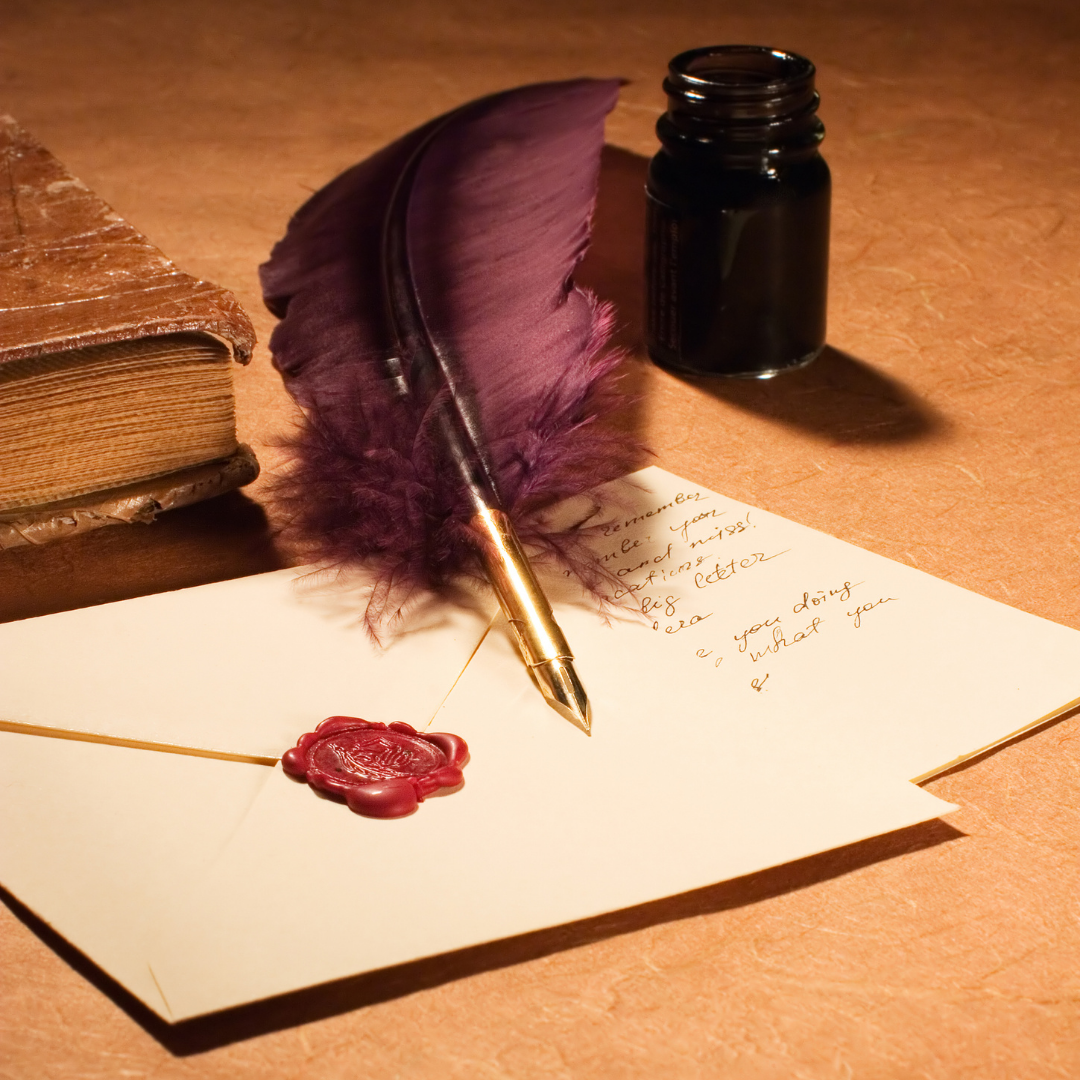Is there anything worse than seeing that dreaded one star review appear below your book? Or get that dreaded “No” in the mail?
For authors, I don’t think there are many things that are worse than rejection. We spend months or maybe even years on our manuscripts, polish them up, read them countless times, put beautiful covers on them and send them out into the world.
And then...
We wait. For some authors, the wait is short. For others, it is excruciatingly long.
Seconds slip by into minutes, which somehow become days. And then, it happens.
Someone, somewhere in the world, has read the book. And they decided it just wasn’t for them.
It has taken me a long time to realize that part of being an author is recognizing that not everyone is going to appreciate or enjoy our art. That’s just the way it is. Art is subjective, and no matter what we write, it won’t make everyone happy.
Still, knowing that we will receive bad reviews is very different from actually experiencing the reality of someone taking the work we’ve spent countless hours on, and saying it is garbage. I wish I could tell you that as an author, you won’t ever get a bad review or a rejection. But I’d be lying to you. The terrible truth is, you will. We all will. I have, and I will again.
How we choose to cope with them is up to us.
First, let me say this: Never, ever engage reviewers.
Especially not bad reviews. It will never end well.
This is the golden rule.
Do not engage reviewers.
Reviews are not for authors. They are for readers. I know that sometimes we get a bad review that makes us itch and we want to say, “But wait! That’s wrong! You just didn’t understand ____.”
But believe me. Any type of answer is the wrong one. You can, and probably will, make the situation far worse by replying to the reviewer. Don’t do it. Do not engage them.
Just don’t. Please. If you take nothing else away from this, take that with you. Don’t reply to reviews. They aren’t meant to be personal, and they are almost always directed at the work, not the author.
Remember this: whether it was a bad review or a rejection, it means your art was not a good fit with that particular reader. It doesn’t mean it was bad. It just wasn’t the right fit.
When we get that one star review or that rejection (God forbid they show up on the same day), we have a choice to make. Are we going to let this rule our lives and destroy our productivity for the day (I’ve definitely done this), or are we going to try to be adults about it?
While I’ve been guilty of choosing option A, there are much better and more productive ways to tackle bad reviews and rejections. Here are a few things that I personally find helpful.
Of course, the easiest thing to do would be to not ever look at reviews. Right? That would make sense. If you don’t see them, you don’t have to do that. If you are able to do that, I applaud you.
If you’re anything like me, however, common sense falls to the wayside when you want to see what people are saying about your book. In that case, read on, fellow author.
- Cuss a little. There are no rules saying you can’t do this. In fact, I find it helps. Get it out of your system. In private. Without anyone watching. Call the reviewer all the bad names you want and walk away. Take a break. Give yourself time to heal.
- Since you’ve already gone ahead and looked at reviews, take a look at some of those good ones. Copy them. Print them out. Frame them. Just because your work wasn’t the right fit for that dreaded one star reviewer doesn’t mean it’s bad. Other people probably think it’s amazing! Take that to heart.
- If you really need to write something out in response, do it on a piece of paper and then burn it. Don’t let that response see the light of day. But get it out of your system.
- Go look up your favorite book on amazon and read some of their one star reviews. Every book has them, it’s just a matter of time.
- Remember why you write. Everyone’s story is a little different, but we all have that reason. Let that be the driving force behind everything you do. Let it push you.
And then—and this is the really important part—dust yourself off. Get back on the proverbial horse.
Don’t let a bad review or a rejection stop you from pursuing your dream. Let it be a learning experience and grow from it.
You are stronger than a bad review or a rejection.
Happy writing, friends!
Elayna R. Gallea is an author of young adult dystopian novels and new adult fantasy romance novels. She lives in beautiful New Brunswick, Canada with her husband and two kids. She is an avid true-crime lover, and in her spare time, she eats copious amounts of chocolate and cheese. If Elayna isn't reading and writing, she can probably be found watching The Food Network. Elayna and her husband have dogs and cats and enjoy touring their beautiful province whenever they can.You can find her at: https://www.elaynargallea.com/




















